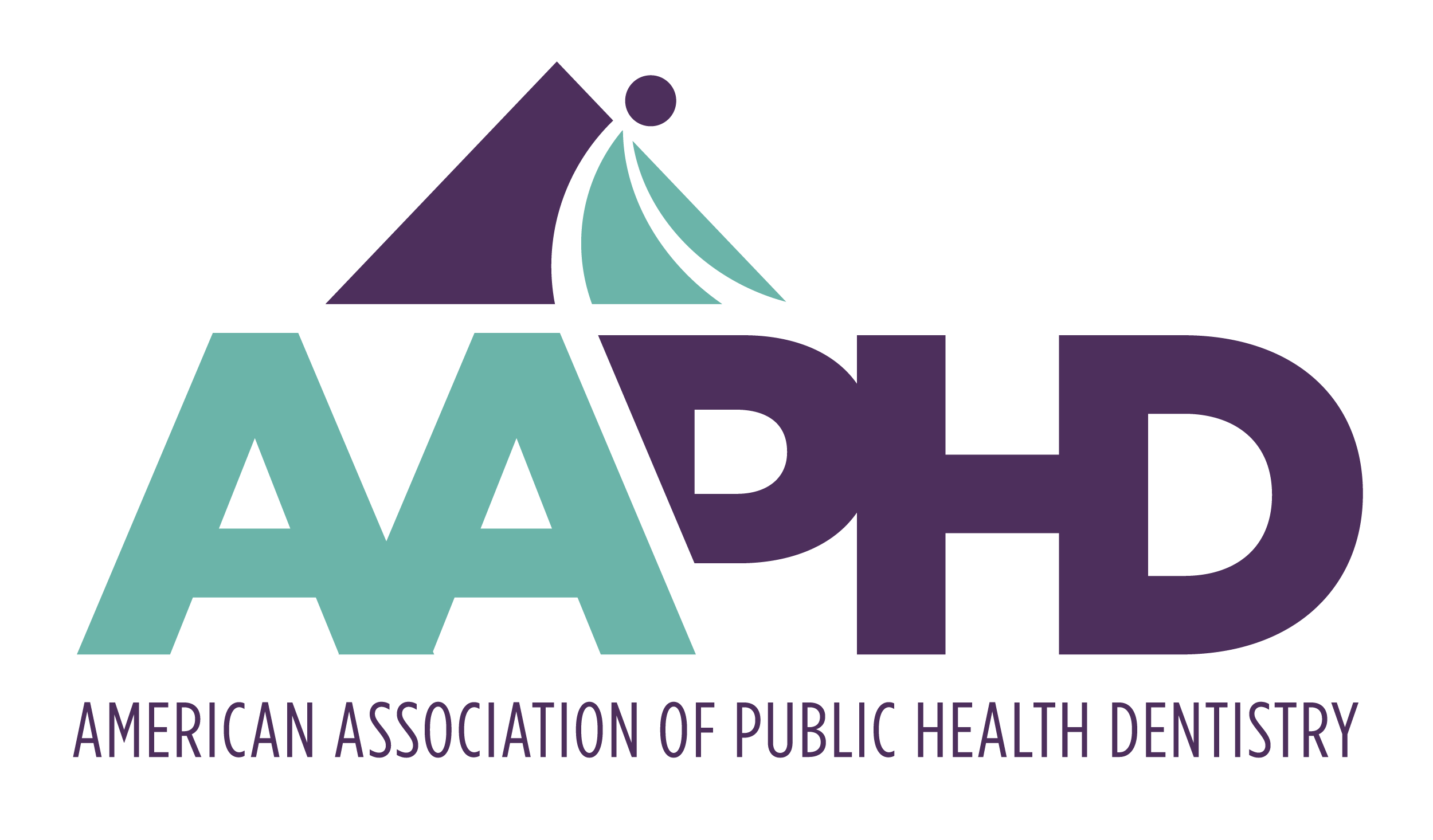November EDI Corner - Native American Heritage Month
Authored by the Society of American Indian Dentists (SAID)
Native American Heritage Month is celebrated in November to honor the culture, traditions, and achievements of Native Americans, Alaska Natives, Native Hawaiians, and affiliated Island communities. At the Society of American Indian Dentists, we do this daily as we promote and support careers in oral health within our communities.
Considered underrepresented minorities in dentistry, only 0.2 percent of the active U.S. dentists in 2012 identified as Indigenous. The American Dental Education Association reports that the number of Indigenous students applying to dental school nationally has decreased dramatically in the past decade. Indigenous communities face challenges that make the process of qualifying for, applying for, and attending dental school more difficult for our students.
Oral health disparities between Indigenous and non-Indigenous populations have long been noted. The prevalence of untreated caries in Indigenous adults is twice that of an average American adult, and overall, Indigenous people have the highest rates of caries of any ethnic group in the country. The oral health of Indigenous children is of concern because the likelihood that our children have untreated dental caries in primary teeth is twice that of an average American child in addition to having a fivefold likelihood of having permanent teeth with untreated dental caries.
Many factors contribute to high rates of dental disease in Indigenous communities, including historical trauma. Historical oppressive policies are the root causes of the patterns of disease seen today; these policies include forced relocation resulting in disruption of traditional food sources, and the subsequent commodity food program, which included food that was highly cariogenic and had low nutritional value. Lack of access to dental care is also a significant contributor to the oral health disparities that exist today, and in particular, lack of access to care from an Indigenous dentist. Evidence shows that patients have better outcomes when they receive care from a provider with similar lived experiences.
A vision of Indigenous dentists serving communities across the United States, providing care in the context of shared history and experiences, and serving as role models for Indigenous youth is what has sustained SAID for 35 years. As SAID moves forward in the next 35 years, we are looking to improve the oral health care of our communities through increased recruitment, training, and graduation of Indigenous dentists. Our vision is to increase representation in the dental profession, thereby reducing barriers to access to oral health care in all Tribal Nations. Good oral health is a cornerstone of overall health and SAID is determined to see its vision realized for all Indigenous people.
SAID is committed to increasing the number of Indigenous students accepted to dental school through mentorship, scholarship, and other supports, and to educating dental schools on the importance of recruiting and admitting more of our students.
In addition to offering dental school scholarships, SAID’s more recent efforts include establishing a formal mentoring program for pre-dental and dental students, offering Dental Admission Test (DAT) preparation scholarships, adding a student-only pre-conference day to the annual conference which includes a dental school fair, and increasing its professional partnerships. The organization has also established its visibility and is recognized for its contributions to the overall profession of dentistry and as an educational pathway for our youth.
Action steps to support indigenous communities and increase representation in the oral health workforce:
-
Oral health providers can ensure that the care they’re providing to Indigenous patients is culturally sensitive by utilizing existing trainings and tools like the checklist provided in this article.
-
Consider offering land acknowledgments. SAID's Dr. Colby Dean brought a resolution to the American Dental Education Association earlier this year which resulted in the adoption of this Policy #H-14 by ASDA.
-
Learn more about the Indigenous communities and nations in your state and region.
-
Make a tax deductible contribution to SAID to support the ongoing work of the organization.
Visit our website, www.theSAIDonline.org, and specifically read the white paper American Indian and Alaska Native Communities Face a Disproportionate Burden of Oral Disease’, co-authored by several members of SAID, which expands upon the content above.
|

